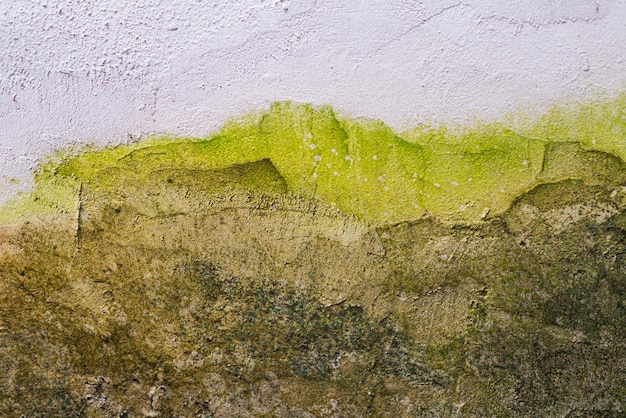
The Ultimate Guide to Comprehensive Mold Removal Services
Mold growth in homes and commercial spaces is a concern that demands immediate attention due to its potential health hazards and structural damage. Understanding comprehensive mold removal services is essential for property owners looking to maintain a healthy environment. This guide provides an in-depth look into the processes, benefits, and considerations involved in effective mold remediation.
Understanding Mold and Its Impact
Mold is a type of fungus that thrives in damp, humid environments. It can cause a variety of health issues, including respiratory problems, allergies, and skin irritation. Furthermore, mold can damage building materials and compromise the structural integrity of a building.
Common Causes of Mold Growth
- Excessive moisture from leaks or flooding
- Inadequate ventilation in humid areas
- Poor insulation leading to condensation
- High humidity levels
Learn more in this detailed guide on how to prevent mold growth by addressing these common causes.
The Process of Comprehensive Mold Removal
Comprehensive mold removal involves several critical steps to ensure complete eradication and prevention of future growth. Here is a breakdown of the process:
1. Inspection and Assessment
A thorough inspection is the first step in identifying the extent of mold contamination. Professionals use advanced tools to detect hidden mold in walls, ceilings, and other areas. This assessment helps in devising a tailored remediation plan. Read more about this topic.
2. Containment
To prevent the spread of mold spores during removal, the affected area is contained. This involves sealing off the space using physical barriers and negative air pressure systems.
3. Removal
The physical removal of mold-infested materials is crucial. This may include drywall, insulation, and carpeting. Specialized cleaning agents are used to eliminate mold spores from surfaces. Explore further insights here.
4. Cleaning and Sanitization
Post-removal, the area is cleaned and sanitized to eradicate any remaining mold spores and prevent new growth. This step often uses HEPA vacuuming and antimicrobial treatments.
5. Restoration
Once the mold is removed and the area is cleaned, restoration involves repairing and rebuilding affected areas to their original state. Find additional information here.
Benefits of Professional Mold Removal Services
- Ensures thorough mold eradication and reduces recurrence
- Protects the health of occupants by improving indoor air quality
- Prevents further damage to the property
- Utilizes expert knowledge and specialized equipment
Key Considerations When Choosing Mold Removal Services
Selecting the right mold removal service is crucial for effective remediation. Consider the following factors:
Experience and Certification
Ensure the service provider has extensive experience and relevant certifications in mold remediation. Certified professionals adhere to industry standards and employ best practices.
Comprehensive Services
Choose a provider offering a full range of services, from initial assessment to post-remediation restoration. This ensures a seamless process and better results. Learn more in this detailed guide.
Customer Reviews
Check customer reviews and testimonials to gauge the quality of service. Positive reviews are indicative of reliability and effective outcomes.
Cost and Transparency
While cost is a consideration, it should not compromise quality. Opt for transparent pricing with a detailed breakdown of services offered.
Conclusion
Comprehensive mold removal services are vital for maintaining a safe and healthy environment in residential and commercial spaces. By understanding the processes involved and knowing what to look for in a service provider, property owners can effectively manage and prevent mold issues. For more insights and detailed information on comprehensive mold removal, explore further insights here.